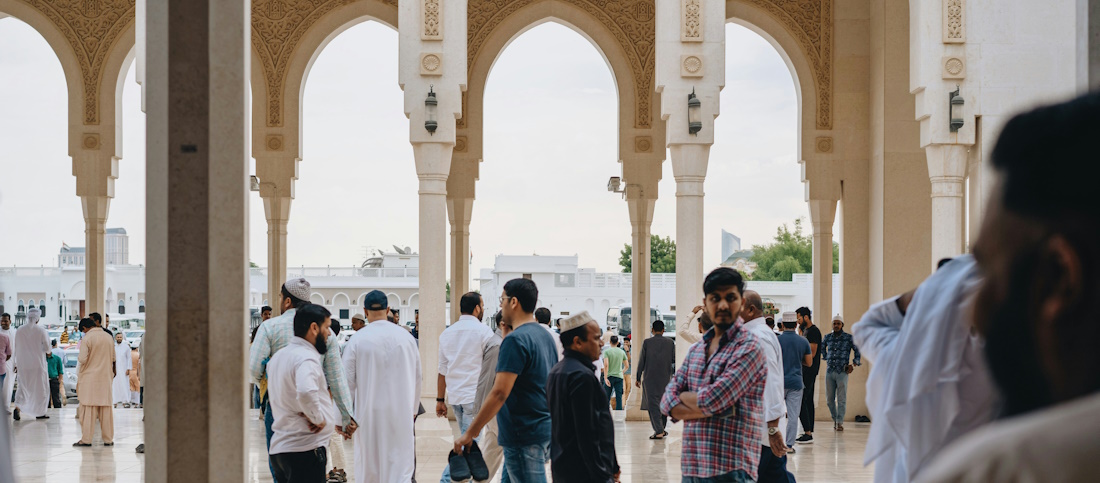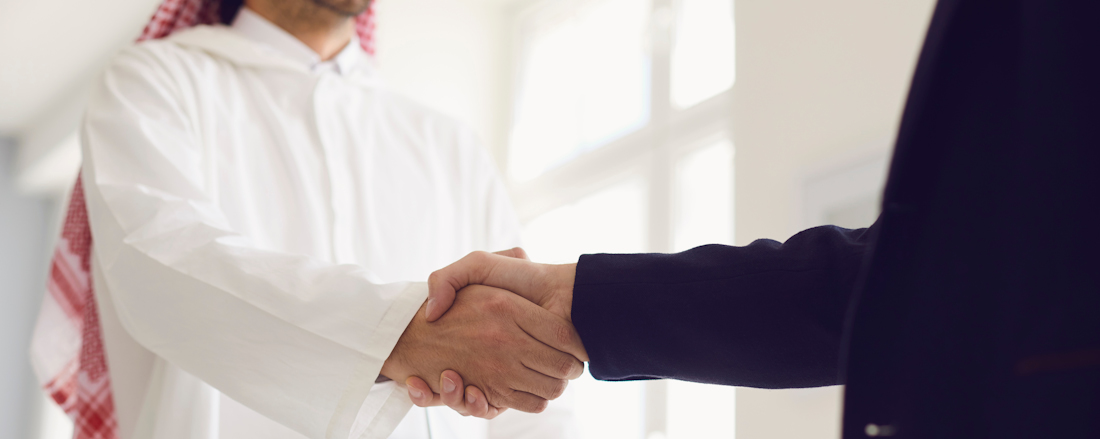Expats moving to the United Arab Emirates (UAE) can anticipate a rich and rewarding experience. The country’s cosmopolitan cities are among the most Westernised in the region, and its competitive business environment – bolstered by the added incentives of generous expat salary packages and no income taxation – has been drawing foreign professionals to its shores for many years.
The UAE consists of seven emirates (the equivalent of principalities): Abu Dhabi, Ajman, Dubai, Fujairah, Ras al-Khaimah, Sharjah and Umm al-Quwain. The most popular destinations for expat workers in the UAE are the emirates of Dubai and Abu Dhabi.
Living in the UAE as an expat
Abu Dhabi, the capital of the UAE, is an enormous urban metropolis that has seen tremendous growth in recent years. The majority of expats moving to Abu Dhabi move to Abu Dhabi city, which boasts some great expat-heavy residential areas and suburbs, as well as fantastic employment prospects.
Dubai is the most established expat destination in the UAE. In recent years, thanks to the vision (and the petrodollars) of its leader, Sheikh Mohammed bin Rashid Al-Maktoum, Dubai has transformed itself into a cosmopolitan metropolis, with most of its population comprising expat workers. There is plenty to see and do in Dubai, and there are fantastic work opportunities available for skilled and qualified expats looking to start a new life in the UAE.
There are many opportunities for expats to spend their hard-earned salaries in the UAE’s numerous shopping malls and souqs (markets), and with a thriving expat population, there are also many social events and gatherings to enjoy.
Nevertheless, although the UAE is more cosmopolitan and considered more progressive than many of its Middle Eastern neighbours, expats should remember that the UAE is still a conservative nation; Arabic is the official language, and Islam is the official religion. It’s essential that new arrivals familiarise themselves with the local laws of the land and respect the local culture.
Cost of living in the UAE
Although many foreigners move to the UAE to save money in the income-tax-free environment, expats should note that the cost of living in the UAE remains relatively high. Dubai and Abu Dhabi, in particular, are among the most expensive cities in the region, with living costs that can rival those of major global hubs. While some essentials, such as fuel, are relatively inexpensive, housing and schooling are particularly costly, especially in sought-after areas.
It’s therefore important to factor this into any contract negotiations, particularly when it comes to the two largest expenses: accommodation and schooling. That said, day-to-day costs such as groceries, transport, and utilities remain more affordable than in many other popular expat destinations, and petrol is notably cheap.
Expat families and children
The most significant concern that expats moving to the UAE with children will have is schooling. Expat kids in the UAE have limited access to free or government-sponsored schools. There are many private international schools in the popular emirates of Dubai and Abu Dhabi catering to the needs of foreign students. For the most part, these schools adhere to high standards, but fees can be high, and space is limited. It’s therefore vital that parents begin the enrolment process as early as possible.
Healthcare in the UAE is excellent, and medical facilities are modern and easily accessible for locals and expats alike. Nevertheless, it’s essential for expats in the UAE to have comprehensive medical insurance; in some emirates, it is the law that companies provide this for their employees. In the case of Abu Dhabi, health insurance is a mandatory prerequisite to obtaining a residence visa, but this tends to be organised and, generally, completely financed by the employer.
Climate in the UAE
Another considerable adjustment for many expats will be the stifling summer temperatures and desert heat. Temperatures can average 100°F (40°C) during summer, peaking in August. Many expats plan long family holidays during this period to escape the uncomfortably hot conditions.
Fast facts
Official name: United Arab Emirates (UAE)
Capital city: Abu Dhabi
Population: 10 million
Geography: The UAE is a small country occupying a desert stretch of land along the northeastern part of the Persian Gulf.
Neighbouring countries: The UAE is bordered by Oman to the southeast and Saudi Arabia to the southwest, with the Persian Gulf to the north.
Political system: The United Arab Emirates (UAE) is a federation of seven constitutional monarchies/emirates. Traditionally, Abu Dhabi’s ruler is also the UAE’s president.
Major religions: Islam. Other religions are tolerated, but proselytising is illegal.
Main languages: Arabic is the official language, but English is widely spoken.
Money: The currency of the UAE is the Dirham (AED), divided into 100 fils. ATMs are widely available, and credit cards are accepted in most establishments. Expats are able to open a bank account in the UAE.
Tipping: A 10 percent service fee is usually added to restaurant bills, but this rarely makes it to the serving staff, so leaving an additional cash tip on the table may be a good idea.
Time: GMT+4
Electricity: 220V and 240V, 50Hz. Square three-pin plugs are the most frequently used.
Internet domain: .ae
International dialling code: +971
Emergency contacts: 999
Transport and driving: Cars drive on the right-hand side of the road. Seat belts are mandatory, and children under 10 must sit in the rear seats. Expats must get a local driving licence once they acquire their residence visa.

 The UAE’s banking system is highly regarded globally, offering a multitude of choices and efficient services. Expats typically select a bank based on factors like digital and mobile banking availability, ATM proximity, and overall convenience of services.
The UAE’s banking system is highly regarded globally, offering a multitude of choices and efficient services. Expats typically select a bank based on factors like digital and mobile banking availability, ATM proximity, and overall convenience of services.

